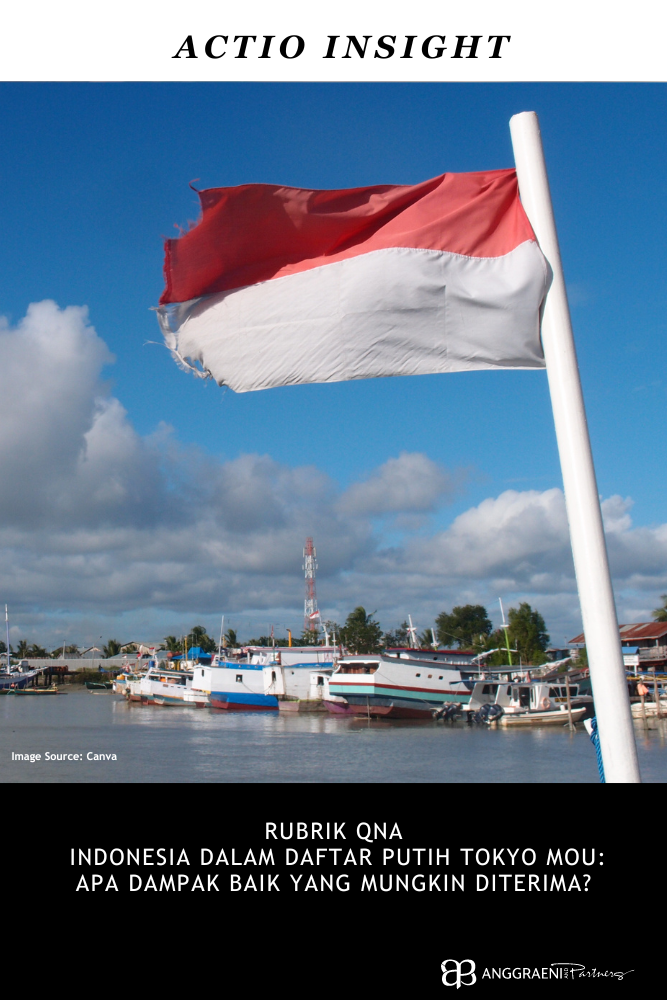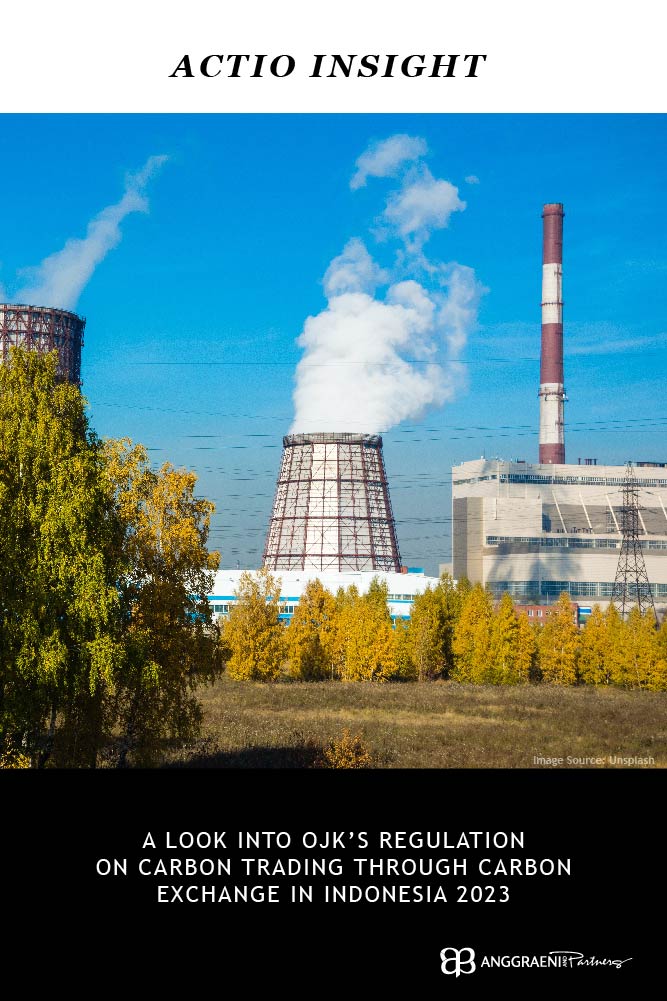LAW ENFORCEMENT AGAINST FOODS STOCKPILING AS A SOLUTION TO PREVENT FOOD CRISIS IN INDONESIA
Food is a basic human need. This fundamental need for food is recognized as a human right protected by the state based on the law. The state is obliged to maintain and find a balance between the current food availability and rapid population growth. Failure to do so may lead to food shortages or food scarcity.
According to data from the Central Statistics Agency (BPS), the prevalence of undernourishment (PoU) in 2021 was 8.49%, an increase of 0.15 points compared to the previous year which was 8.34%.1 This PoU rate has actually shown an improvement in 2018 and 2019, but increased again in 2020
due to the pandemic. High prevalence of food insufficiency indicates a higher percentage of the population consuming food that is less than their daily body needs.
There are several factors that cause food scarcity, one of which is population growth that is not proportional to the increase in agricultural production. This can happen due to crop failure resulting from bad weather and the shifting of agricultural land to industrial land. Food scarcity is also caused by human activities, particularly traders and businessmen, who stockpile the basic food items.
Stockpiling is interpreted as the activity of buying something in large quantities so that the item availability is reduced in the market, causing the price of such items to rise. The goods are then sold back to the market at higher prices and those who stockpile these goods increase their profits artificially and unfairly. Stockpiling causes food prices in the market to increase artificially to higher levels. In this situation, the law of supply and demand is distorted by a few business entities. Prices do not accurately reflect the volume of goods produced and ready for sale/distribution.
Stockpiling has been regulated as a criminal act as stipulated in Article 133 of Law Number 18 of 2012 concerning Food as amended by the Job Creation Law, with a maximum penalty of 7 years imprisonment or a maximum fine of IDR100,000,000,000.00 (one hundred billion). This provision applies to food entrepreneurs who intentionally stockpile or store more than the maximum amount that has been determined, with the intention of obtaining profits which causes the food price surge.
In addition, Article 107 of Law Number 7 of 2014 concerning Trade also may be a basis for indictment against individuals who stockpile food. Different from Article 133, the scope of Article 107 is entrepreneurs or businessman, which not only includes food entrepreneurs but also staple needs and essential goods entrepreneurs. In addition, in Article 107, the criminal sanction of imprisonment for a maximum of 5 years and/or a fine of a maximum of IDR50,000,000,000.00 (fifty million) is not subject to actions that cause food price surge, but includes actions that are committed after the price has surged. This difference of elements causes these two articles to be implemented as cumulative charges, which may be subject to food entrepreneurs who stocks/stores staple food exceeding the maximum amount and causes food price surge, and after the price becomes expensive/ inflated, he continues to stock/store the food.
Stockpiling carried out by business actors can not only harm consumers but also other business actors. Other business actors find it difficult to get staple needs from producers, especially if they are in the same sector. This has resulted in the practice of unfair business competition in the business sector and in the public interest and can be prosecuted through Law Number 5 of 1999 concerning the Prohibition of Monopolistic Practices and Unfair Business Competition.
Even though the Government has issued this regulation, high prices for staple needs still occur, many of which are caused by stockpiling activities. Therefore, the Government plays an important role in handling these cases. One way of prevention is to balance the amount of production with the amount of demand. Should there be an increase in public consumption, the Government needs to encourage private companies and state companies to increase the amount of production of goods needed by the community. In addition, the Government also needs to control prices through various policies, one of which is through market operations, especially in areas that are prone to price increases, and particularly during the moments when community consumption is higher. This market operation should be useful to prevent speculators raising prices above what is fair and reasonable. Such market operation is expected to reduce the inflation rate caused by the price increase of basic needs. Certainly, such government policies need to go through a comprehensive planning and monitoring process. In addition, from a regulatory perspective, the Government needs to further identify any kind of violations of stockpiling. This is considering that the regulations governing the stockpiling of food commodities have not been updated for a long time, while the scheme of food stockpiling is getting complex and involves many parties. Until now, the last regulation relating to the stockpiling of goods is the Emergency Law of the Republic of Indonesia Number 17 of 1951 concerning the Stockpiling of Goods which is still general in nature. KBA/QSM


